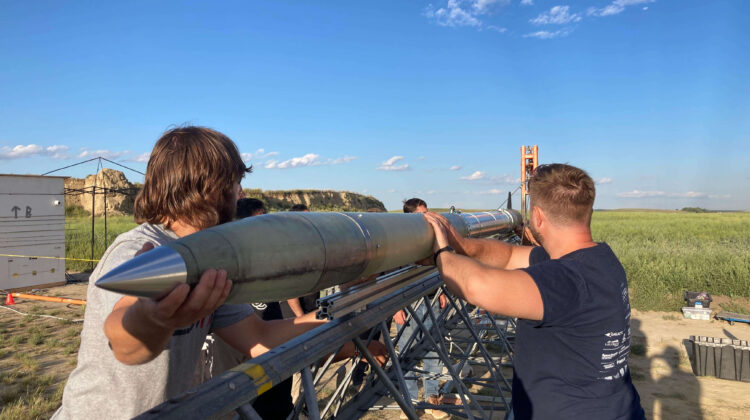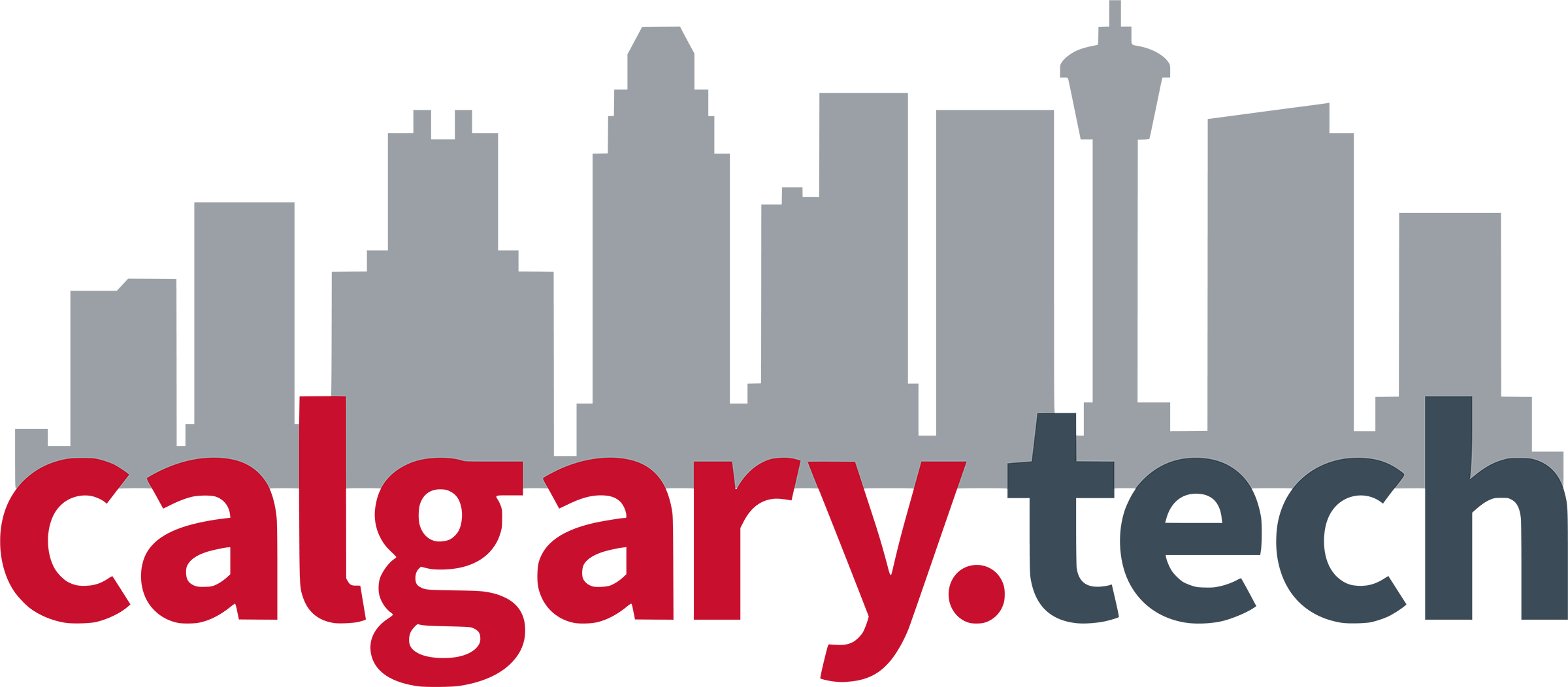
Last year was the first-ever Stardust Festival in Timmins, Ontario.
Standing out against a backdrop of the region’s longstanding history in forestry and mining sectors, the tech-forward event was created to “ignite curiosity” and “inspire innovation” by showcasing “the wonders of STEM education and exploration … in a captivating and immersive festival experience.”
This year, Timmins will observe the second Stardust Festival.
The event, organized by Cochrane-based enterprise Stardust Technologies, gears youth toward a career trajectory in the aerospace industry.
How does one achieve this? Through one of the festival’s most alluring components: The Launch Canada Challenge, which pits teams of post-secondary students against each other in a rocket launch-off.
Supported by the Satellite Canada Innovation Network, the Canadian Space Society, and the Canadian Aeronautics and Space Institute, Launch Canada’s mission is to “use the excitement of rocketry to create unprecedented hands-on learning experiences for students that provide them with unmatched real-world engineering experience.”
“The event features rocketry, innovation, and community,” organizers offer. “There will be a rocket-focused portion for two days, followed by rocket launches from a new site—enjoy talks, career fair, and networking with enthusiasts and experts.”
It should be noted that these are not your typical high-school-science-class bottle rockets.
At the University of Calgary, the Student Organization for Aerospace Research—or SOAR—is preparing to compete this weekend as one of six ready-to-rocket teams. What they have lined up for launch day is no joke.
SOAR intends to launch a “hybrid rocket” with nitrous oxide as the oxidizer and paraffin wax as the fuel, according to Ben Hewitt, a Mechanical and Aerospace Engineering Student at the University of—a system capable of reaching 3,900 metres of altitude, which is higher than the tallest mountain peak in Alberta.
“Some companies are trying to implement this technology to go to orbit,” he says.
According to Hewitt, it’s the first hybrid rocket launch from the university’s rocketry club in more than half a decade, due to the complexity of the feat.
“This is a massive accomplishment for our students,” he believes, noting how the project’s success demands expertise “from a variety of engineering disciplines.”
By 2027, SOAR aims to be the first Canadian team to launch a two-stage hybrid rocket 30,000 feet high.
Other competing teams include the Universities of Waterloo, Toronto, Ottawa, and British Columbia.
The Stardust Festival runs from August 25 through September 1.



Hi,
The event is actually not the Stardust Festival, it’s the Launch Canada Challenge.